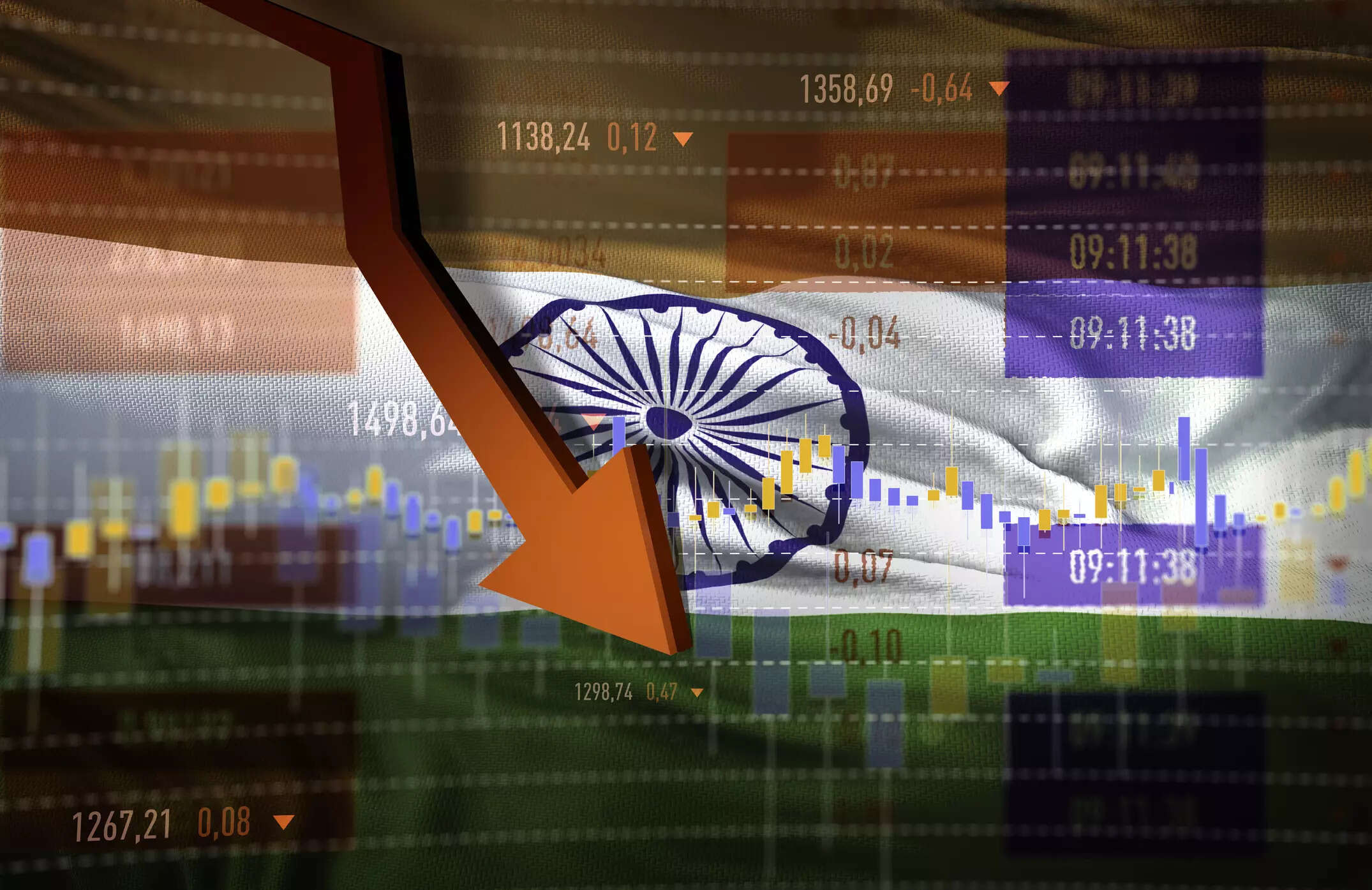
NEW DELHI: India is now a more transparent economy and people are getting used to paying taxes, Union Commerce Minister Piyush Goyal said. He said any reforms taken up by the government in the last eight years, including good and services tax (GST), significantly impacted the economy and that recent GST collections were very robust.
“India has been evolving. A lot of structural changes that took place in the last eight years have had a significant impact on the way the Indian economy is poised to take off in the next 25 years,” Goyal said.
The Union Minister was virtually addressing the participants on the occasion of 27th edition of the Wharton India Economic Forum via videoconference on Saturday. The theme of the event was India’s leading innovation in the age of uncertainty.
Piyush Goyal said the Insolvency and Bankruptcy Code (IBC) was also an important reform measure that had led to robust banking systems in India. “Collectively, these banks have been able to provide resources for industry and infrastructure to grow,” He said.
The commerce minister said reforms like privatisation, digitisation of the economy, decriminalisation of laws and simplification of compliances to enable ease of doing business. “These reforms prepared India for the next 25 years and we hope to see the Indian economy among the top three economies in the world,” Piyush Goyal said.
Responding to a question regarding which sectors are strategic priorities for the government, Goyal said that infrastructure, semiconductors and domestic manufacturing are some of the priority sectors.
The commerce minister said infrastructure, semiconductors and domestic manufacturing were some of the priority sectors for the Indian economy and Prime Minister Narendra Modi was focused on building a robust infrastructure in India. “Private sector is also contributing to India’s infrastructure story,” he added.
He also spoke about the government’s PLI initiatives under the Atmanirbhar Bharat scheme.
As part of its Atmanirbhar Bharat scheme, the government launched production-linked incentive (PLI) schemes in varied sectors to make Indian manufacturers globally competitive, attract investments, enhance exports, integrate India into the global supply chain and reduce dependency on imports.
He recalled the country’s struggle during the Covid-19 pandemic and said despite that the Indian industry rose to the occasion and became the manufacturer of personal protective equipment.
Also Read:
